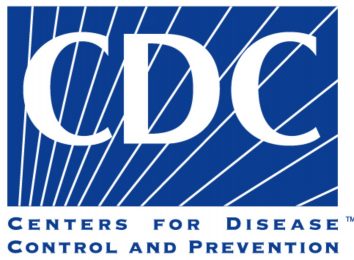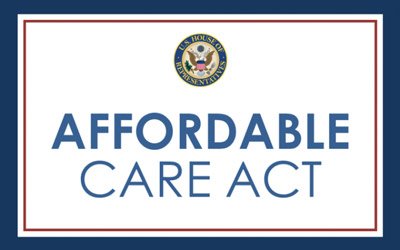Hybrid health provider SSM Health Medical Group, which does business in the urgent care, hospital, primary care, and retail arenas, has signed an agreement to take over operation of 27 retail clinics housed in Walgreens drugstores in the St. Louis area. When the transition is complete next fall, the locations will be renamed SSM Health Express Clinic at Walgreens. Until then, it will be business as usual for those walk-in locations. Walgreens and SSM Health …
Read More









